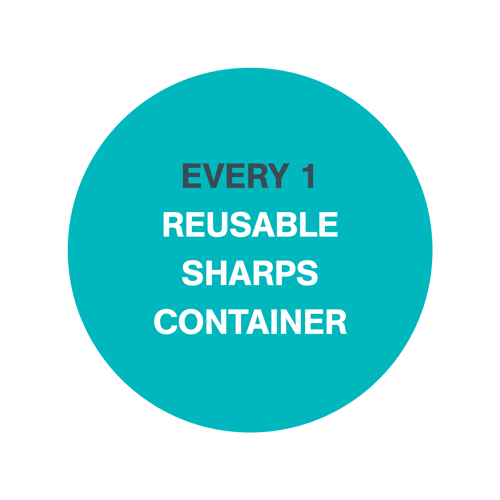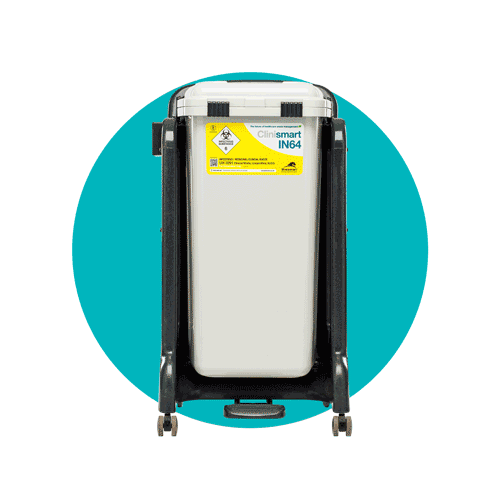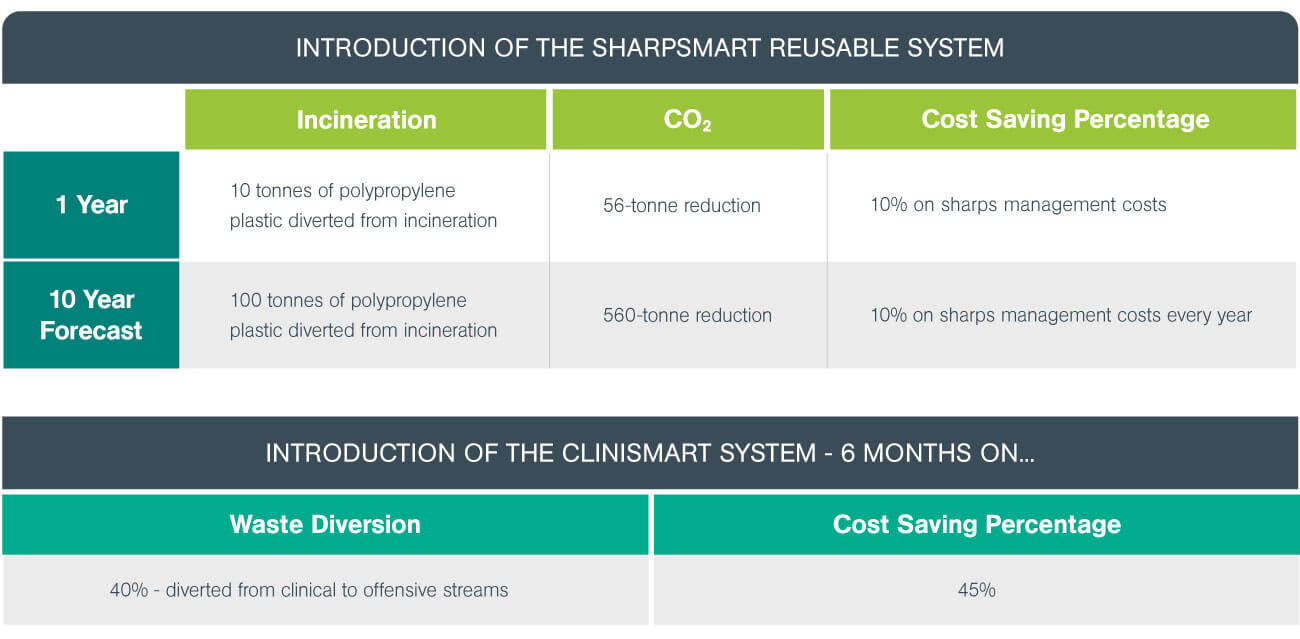Case Study: Clinismart Waste Segregation & Disposal

Whilst better known for their maternity and neonatal services, Liverpool Women’s Hospital also specialises in reproductive medicine, genetics, and the constant undertaking of research into ensuring their facilities are the very best they can be for their patients, staff, and visitors alike. With over 8,000 babies delivered and 10,000 gynaecological procedures untaken each year, as well multiple genetics departments to maintain, it is vital to the Trust that their waste disposal methods are as safe and sustainable as possible. One of Liverpool Women’s biggest environmental objectives was to reduce their clinical waste and, consequently, their carbon emissions and promote sustainability within the Trust. The Trust were concerned that they were incinerating significantly more waste than necessary and wanted to ensure they were fully compliant on all fronts.
IN THIS BLOG:
- The Challenge - Reducing waste incineration
- The Solution - Adopting Clinismart
- The Results - Plastic diverted from landfills

 The Trust had been using a single-use system for the disposal of their sharps waste. Whilst these met sharps disposal standards, having to dispose of single-use containers saw the Trust incinerating 6.5 tonnes of plastic per year – a figure they wanted to considerably reduce in line with the 2008 climate change act. Furthermore, the Trust wanted to introduce an offensive waste stream in conjunction with existing waste guidelines. They had identified that all healthcare waste generated within the hospital’s clinical areas was being consigned as clinical/infectious waste and then incinerated. After conducting a comprehensive analysis of waste disposal processes within the Trust, it was estimated that Sharpsmart could divert 50% of this into the appropriate compliant waste stream – without compromising on quality or safety.
The Trust had been using a single-use system for the disposal of their sharps waste. Whilst these met sharps disposal standards, having to dispose of single-use containers saw the Trust incinerating 6.5 tonnes of plastic per year – a figure they wanted to considerably reduce in line with the 2008 climate change act. Furthermore, the Trust wanted to introduce an offensive waste stream in conjunction with existing waste guidelines. They had identified that all healthcare waste generated within the hospital’s clinical areas was being consigned as clinical/infectious waste and then incinerated. After conducting a comprehensive analysis of waste disposal processes within the Trust, it was estimated that Sharpsmart could divert 50% of this into the appropriate compliant waste stream – without compromising on quality or safety.
Limited education around waste segregation techniques meant that no substantial disposal methods had been implemented in order to ensure the Trust was following the waste hierarchy. With a 1,410-strong team, it was challenging for the Trust to find and implement substantial training solutions that were accessible at all times and didn’t drain their most valuable resources. Tim Neal, Consultant Microbiologists and Director of Infection Prevention and Control at Liverpool Women’s Hospital, commented, “We were looking for a sustainable, patient-friendly solution that would enable us to manage our waste in a safe and sustainable manner, whilst fully considering the wellbeing and experiences of our patients and visitors.”

 In order to directly address and overcome the issues they had faced with regards to CO2 emissions, compliance, sustainability and education – and to minimise the costs associated with procuring and disposing of their sharps containers – the Trust decided to implement two systems into the hospital: the Sharpsmart reusable sharps management system, and the Clnismart waste segregation system.
In order to directly address and overcome the issues they had faced with regards to CO2 emissions, compliance, sustainability and education – and to minimise the costs associated with procuring and disposing of their sharps containers – the Trust decided to implement two systems into the hospital: the Sharpsmart reusable sharps management system, and the Clnismart waste segregation system.
Following the installation of the Sharpsmart system, the Trust introduced Sharpsmart’s Clinismart system; an innovative yet simple system that empowers healthcare facilities to safely and properly deal with waste that is generated at a patient’s bedside, in a way that is compliant with waste regulations and CQC guidelines. Comprising a range of bespoke components and blended learning tools, including bag dispensers, and waste bin labels, the Clinismart system is designed to safely contain and divert waste at the point of generation – helping to significantly reduce costs and minimise the risk of cross-contamination to the patient environment.
Changing the Trust’s waste streams with the Clinismart system also enabled Liverpool Women’s Hospital to remove waste containers from bay areas where possible, helping them to provide a safer and more pleasant environment for staff, patients and visitors alike. Included in this was the introduction of an auditing programme, which allowed the Trust to see exactly what was being put into their waste disposal containers, helping them to understand the source of some of the issues they were experiencing, and therefore seek to appropriately educate staff on proper waste disposal and the enhancement of segregation.


A spokesperson from the Liverpool Women's Hospital said the following: 'By providing a signficant reduction in carbon emissions and clinical waste volumes, the introduction of the Sharpsmart and Clinismart systems to the Trust has greatly assisted with our efforts to become more sustainable in line with the Climate Change Act. Resultes were noticed almost immediately by both staff and patients, which has greatly enhanced the Trust and its prestigious reputation as a safe and environmentally conscious healthcare provider. The ability to audit and see what is inside a container is a real eye-opener and extremely useful in educating staff.'
